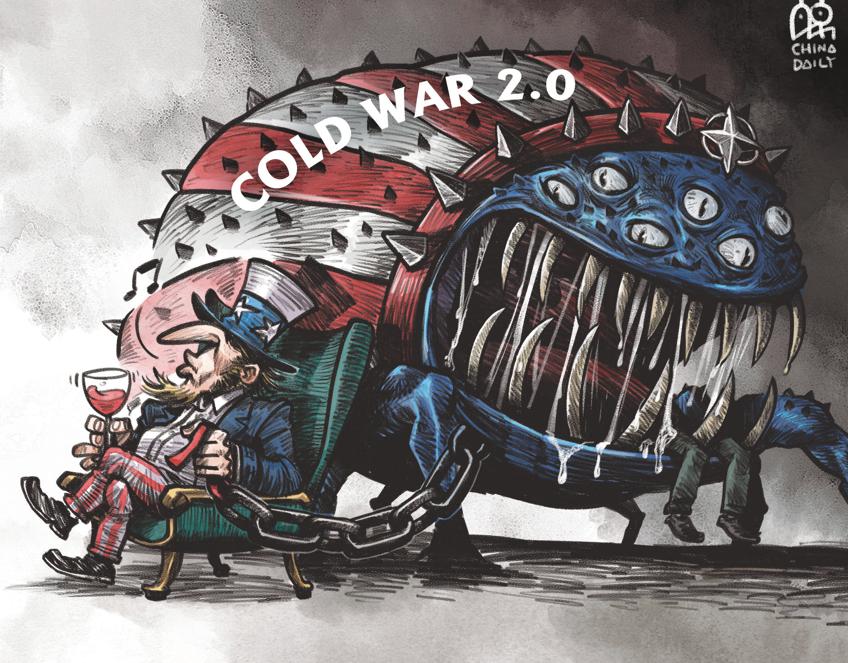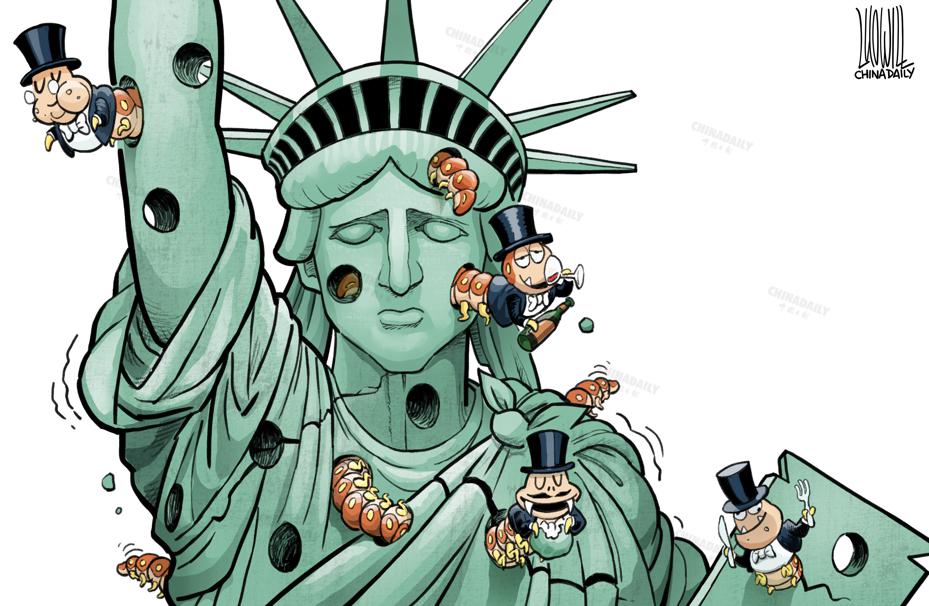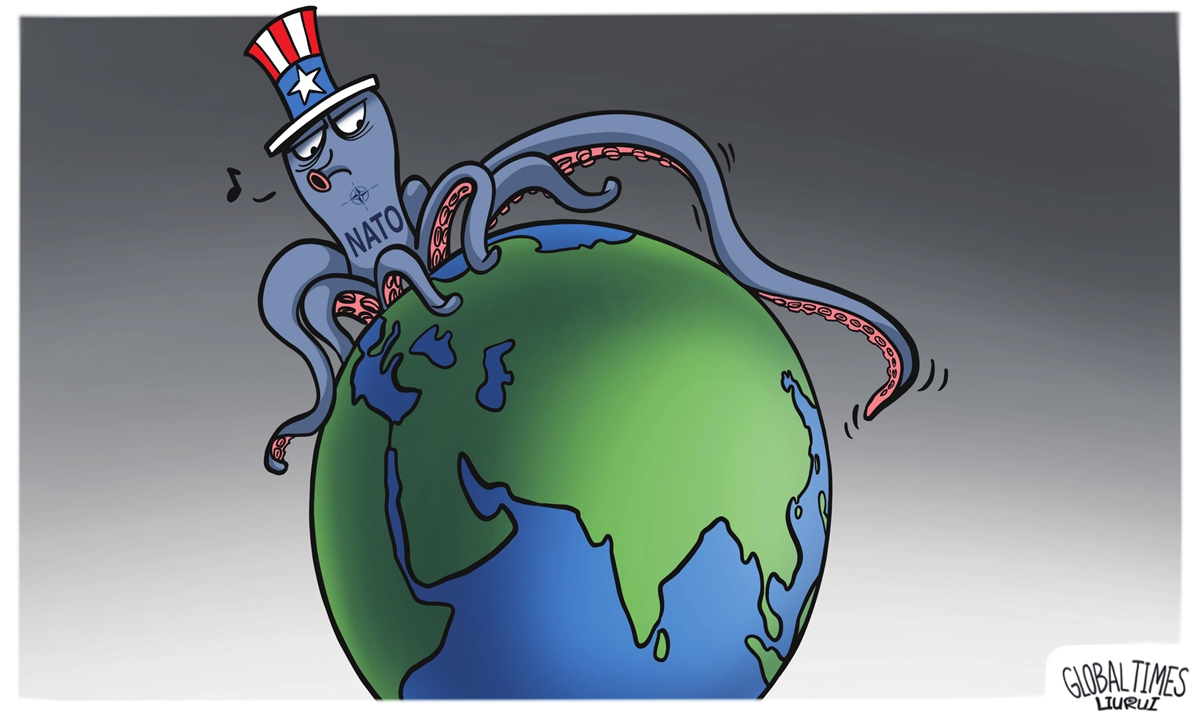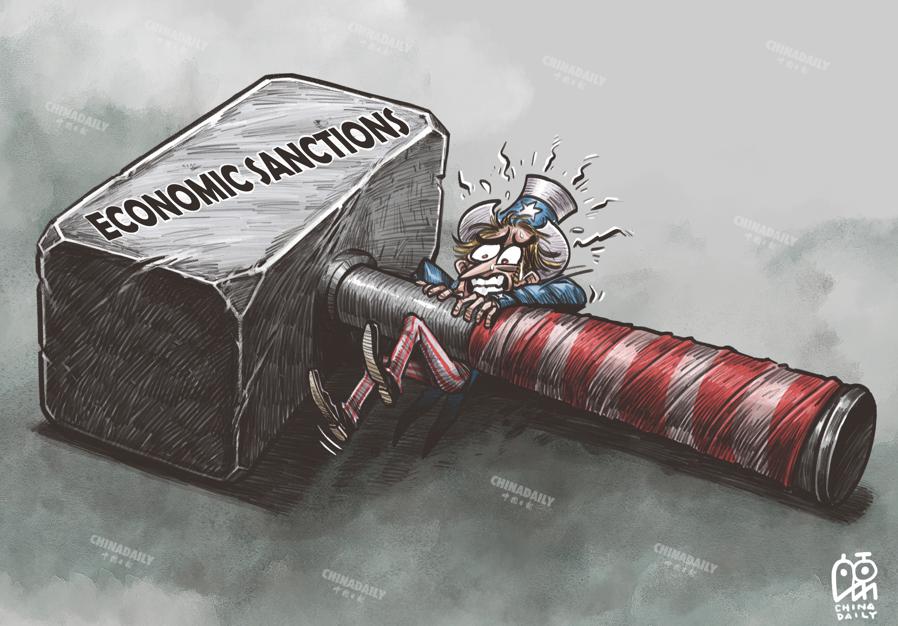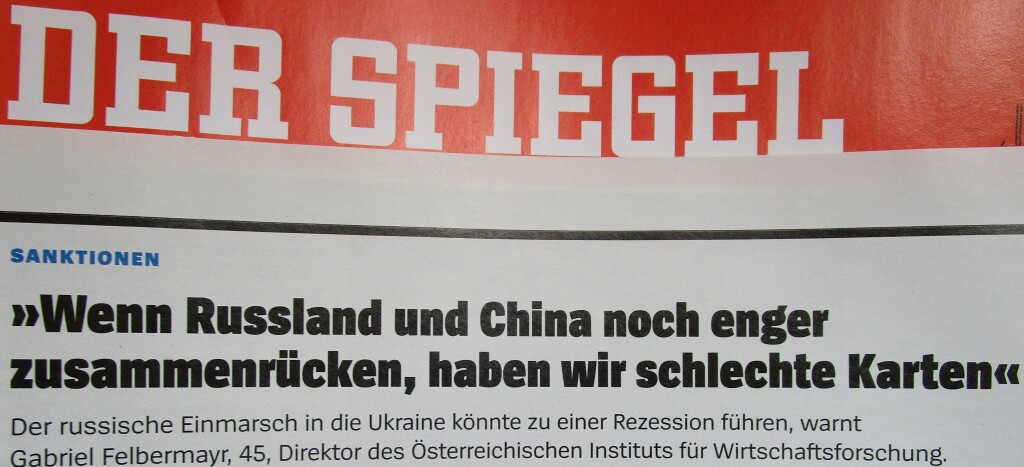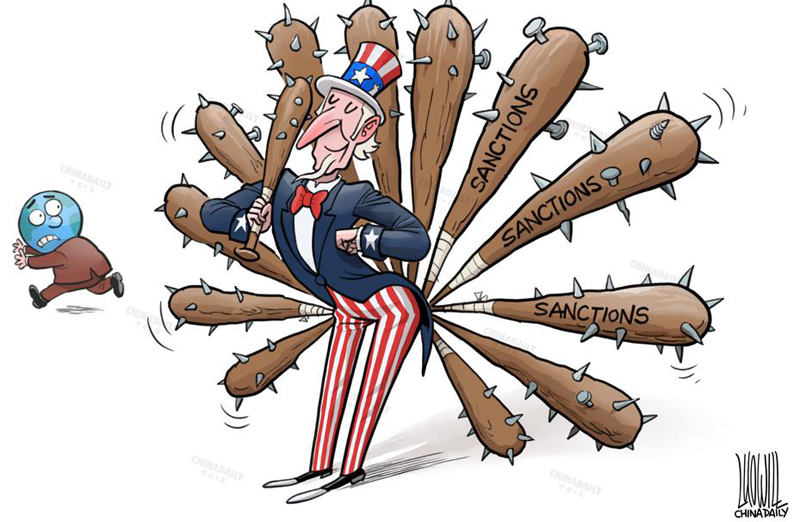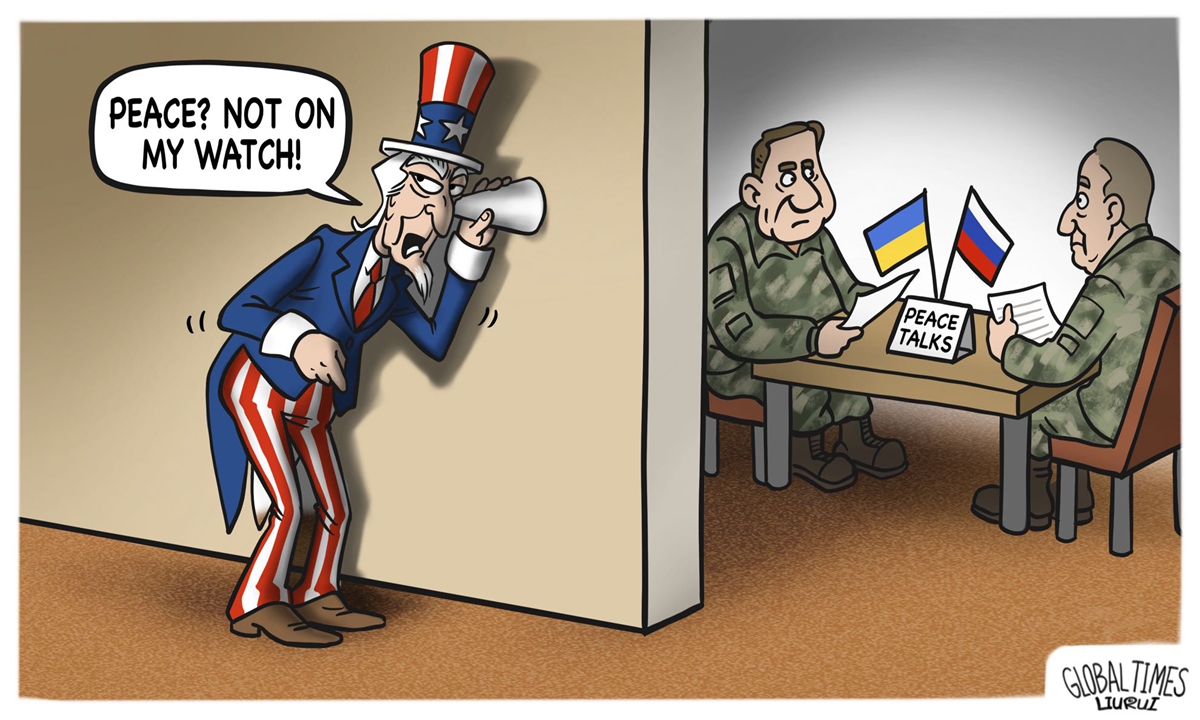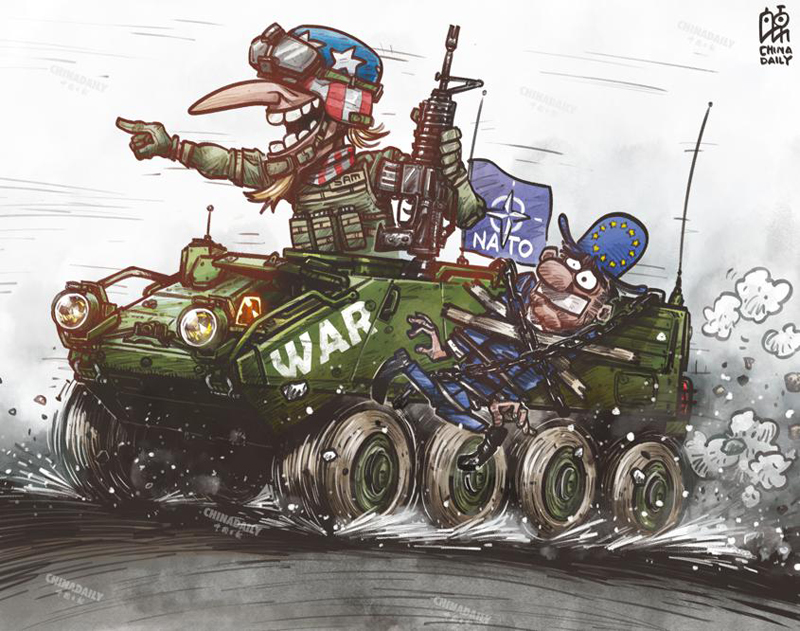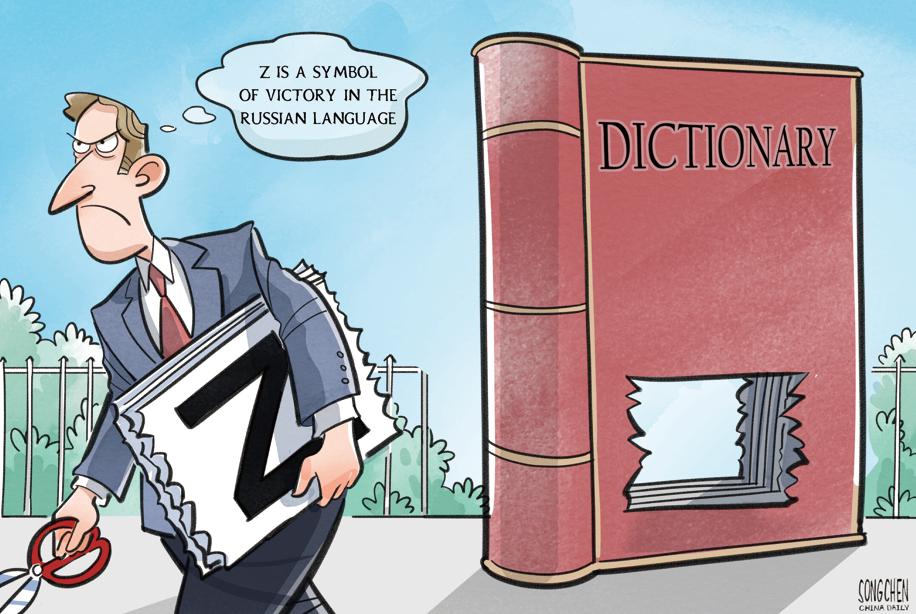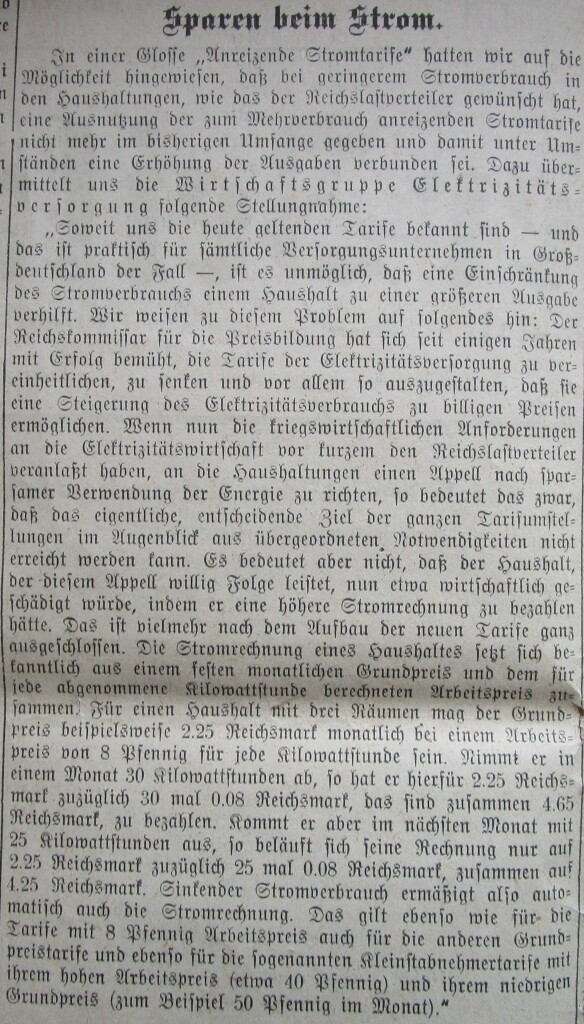„Diese Nachricht dürfte viele Steuerzahler verärgern: Mitten in der Krise gibt es für Olaf Scholz und seine Minister mehr Gehalt. Das ist die Folge der Tarifverhandlungen im öffentlichen Dienst. Die Vorgängerregierung um Angela Merkel hatte noch auf die Lohnerhöhung verzichtet (…) Konkret bedeutet das für Olaf Scholz 345 Euro pro Monat obendrauf. Zur Einordnung: In der Summe liegt das Monatsgehalt des Kanzlers bei knapp 30.000 Euro brutto. Finanzminister Christian Lindner und Wirtschaftsminister Robert Habeck dürfen sich über 275 Euro zusätzlich freuen“, so „Nordbayern.de“.
Gleichzeitig stimmt Wirtschaftsminister Robert Habeck die Bundesbürger auf „harte Zeiten“ und einen großen Wohlstandsverlust ein, berichtet die „BILD“. Der Grünen-Politiker und parlamentarische Staatssekretär im Bundesministerium für Wirtschaft und Klimaschutz, Oliver Krischer, sagte, dass der Krieg in der Ukraine „unserem Land Wohlstand“ koste…
Ex-Präsident Joachim Gauck meint im Gespräch mit der „Augsburger Allgemeine“: „Menschenleben zählen mehr als Wohlstand.“
Finanzminister Christian Lindner meinte kürzlich: „Wenn unser Land insgesamt mehr zahlen muss für Rohstoffimporte, zum Beispiel Öl, dann werden wir als Land insgesamt ärmer. Das kann der Staat eine Zeit abfedern. Wir können das sozial ausbalancieren. Aber einen volkswirtschaftlichen Wohlstandsverlust durch Inflation insgesamt kann der Staat, selbst der deutsche Staat, nicht auf Dauer ausgleichen.“
„Der Staat kann das nicht auffangen. Es wird einen volkswirtschaftlichen Wohlstandsverlust geben. Man kann das übersetzen, dass wir alle ärmer werden“, zitiert die „BILD“ Lindner.
“Auf fremdem Arsch ist gut durchs Feuer reiten”(Martin Luther).
–
“So viel verdient der Bundeskanzler
Bundeskanzler Olaf Scholz wird in seinem neuen Amt als Regierungschef rund 20179 Euro monatliches Amtsgehalt auf sein Konto überwiesen. Hinzu kommt nach Angaben des Bundes der Steuerzahler (BdSt) eine sogenannte steuerfreie Dienstaufwandsentschädigung in Höhe von rund 12271 Euro im Jahr.” Stuttgarter Nachrichten
–
Baerbock: Über 16000 Euro im Monat – plus Zuschläge.
-
Die offiziellen Positionen Chinas – in Karikaturen auf den Punkt gebracht: http://www.hart-brasilientexte.de/2022/03/23/china-karikaturen-zur-weltlage-2022-die-andere-sicht-china-daily-und-global-times/
–
Deutsche Wirtschaftsnachrichten: Saudi-Arabien und die Vereinigten Arabischen Emirate haben sich letzte Woche geweigert, mit US-Präsident Biden zu telefonieren, und sprachen stattdessen mit Putin.
Xinhua Commentary: Why is U.S. a war-hungry nation?
Source: Xinhua
Editor: huaxia
2022-04-01 15:30:17
BEIJING, April 1 (Xinhua) — The world’s largest military spender this week unveiled a budget plan for the fiscal year 2023 calling for a boost in the military budget.
This move by the U.S. administration continues the nation’s relentless drive to boost its military capabilities and presence around the globe, which is likely to further endanger and destabilize the global geopolitical arena.
From the Korean Peninsula to Afghanistan, war seems part and parcel of the history of America’s global intervention, expansion and domination.
The United States was indeed founded by means of violence, and war has become a staple ever since, either waged at home or abroad. Over nearly two and a half centuries since its founding, there has been less than 20 years when the nation was not at war.
From being directly involved in conflicts to supporting proxy wars, from inciting anti-government insurgencies to providing weapons and ammunition, and training anti-government armed forces, the United States has a horrible track record of intervening in many countries‘ affairs.
From the end of World War II in 1945 to 2001, among the 248 armed conflicts that occurred in 153 regions of the world, 201 were initiated by the United States, accounting for 81 percent of the total number, according to incomplete statistics cited in a 2021 article by the China Society for Human Rights Studies.
Why is the United States so addicted to war?
War has long shaped American politics and society. It can be said that the United States made much of its fortune through war, raking in huge profits from lucrative arms sales during the First World War, and taking advantage of WWII to lift itself out of the Great Depression.
The military-industrial complex emerged during WWII and gradually became one of the key pillars of American hegemony. The complex would, if there were no war, become a huge financial burden for the United States. The nation finds itself in a constant state of war, and will inevitably be snared in its own trap of belligerence.
From the military-industrial complex to voters, members of Congress, and political entrepreneurs, a political biological chain has formed. If there isn’t a war, it will start one in order to keep the military-industrial complex afloat and feed the various interests groups waiting for their lucrative scraps.
After 1945, in a bid to consolidate its global hegemony, the United States became a serial meddler in other countries‘ internal affairs, whether hot or cold wars, whether in pursuit of political ends or economic interests using various pretexts.
British scholar Martin Jacques once commented that the United States has long believed overweening military strength was the primary factor in enabling it to get its way in the world. Even though most Americans think of themselves as peace-loving and definitely do not regard their country as a „warrior nation“ or „garrison state,“ the United States has set up nearly 800 military bases in over 70 countries across the world since 1945.
Jacques is not alone in holding this view, as Harvard’s Stephen Walt listed America’s „remarkably powerful military“ and its „remarkably safe position without serious enemies“ as two of the top reasons why the country „keeps getting into foolish fights.“
Facing political polarization and social division, the United States has sought to distract attention from its internal problems by shaping external enemies. By abusing the concept of deterrence and making enemies across the world, the nation has only tarnished its international image.
History has repeatedly shown that military intervention and addiction to force only make things worse. The story of Afghanistan over the past two decades is a sorry testament to this truth.
A fall into the pit, a gain in your wit. It is time for the United States to reflect on its belligerence, stop creating instability and think seriously about its responsibilities as a global power. Only then can it fulfill the people’s aspirations for peace, development and win-win cooperation.
China Daily:





